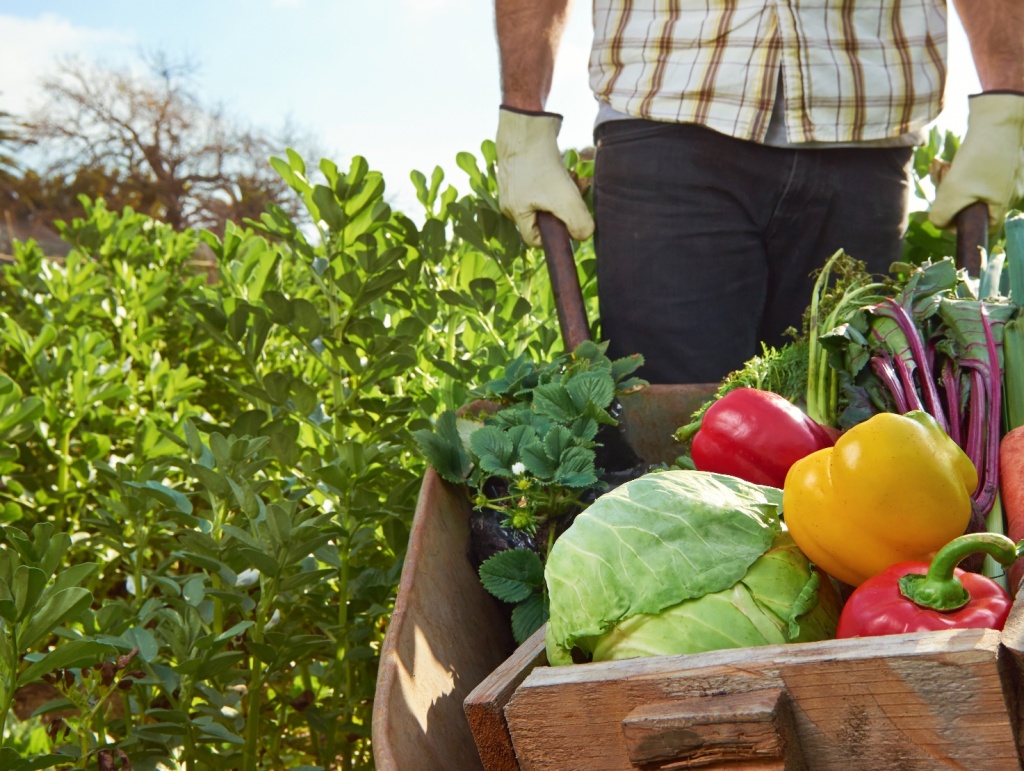Sustainable Gardening: Cultivating a Greener Future
In recent years, there has been an increasing emphasis on sustainability and living more harmoniously with the environment. As we become more aware of the impact of our actions on the planet, adopting sustainable practices in all aspects of life has become essential. One area where we can make a significant difference is in our gardens.
Traditional gardening methods often rely heavily on chemical fertilizers and pesticides, which can harm not only the soil but also local ecosystems. However, sustainable gardening offers an alternative approach that promotes biodiversity, conserves resources, and protects both human health and the environment.
One key principle of sustainable gardening is to cultivate healthy soil. Instead of relying on synthetic fertilizers, organic composting plays a central role. Composting kitchen scraps and yard waste not only reduces landfill waste but also creates nutrient-rich compost that nourishes plants naturally. By feeding the soil rather than solely focusing on plant nutrition, long-term soil fertility is maintained.
Another important aspect of sustainable gardening is water conservation. Traditional irrigation systems tend to be inefficient and wasteful. Adopting techniques such as drip irrigation or installing rainwater harvesting systems can significantly reduce water usage while ensuring plants receive adequate hydration.
Incorporating native plants into your garden design also contributes to sustainability efforts. Native species are adapted to local climates and require less maintenance compared to exotic plants that may need extra watering or pesticide applications for survival. Additionally, native plants provide habitat for local wildlife and promote biodiversity in your garden.
To further enhance sustainability in your garden, consider implementing integrated pest management (IPM) strategies instead of resorting to harmful pesticides indiscriminately. IPM involves identifying pests accurately and using natural predators or organic solutions like neem oil or soap sprays when necessary.
Creating a diverse ecosystem within your garden by planting flowers that attract pollinators like bees and butterflies is another crucial component of sustainable gardening. Pollinators play a vital role in plant reproduction, and their decline has a significant impact on food production. By providing them with ample nectar sources throughout the year, you can help support their populations.
Lastly, sustainable gardening also involves reducing waste by reusing and recycling materials. Upcycling old containers or repurposing fallen branches as garden borders not only reduces waste but adds a unique touch to your outdoor space.
By embracing sustainable gardening practices, we can play an active role in preserving our environment while enjoying the beauty and benefits of nature. Whether you have a small balcony garden or several acres of land, every effort counts towards creating a greener future for generations to come. Let us all join hands and cultivate sustainability right at our doorstep.


Leave a comment